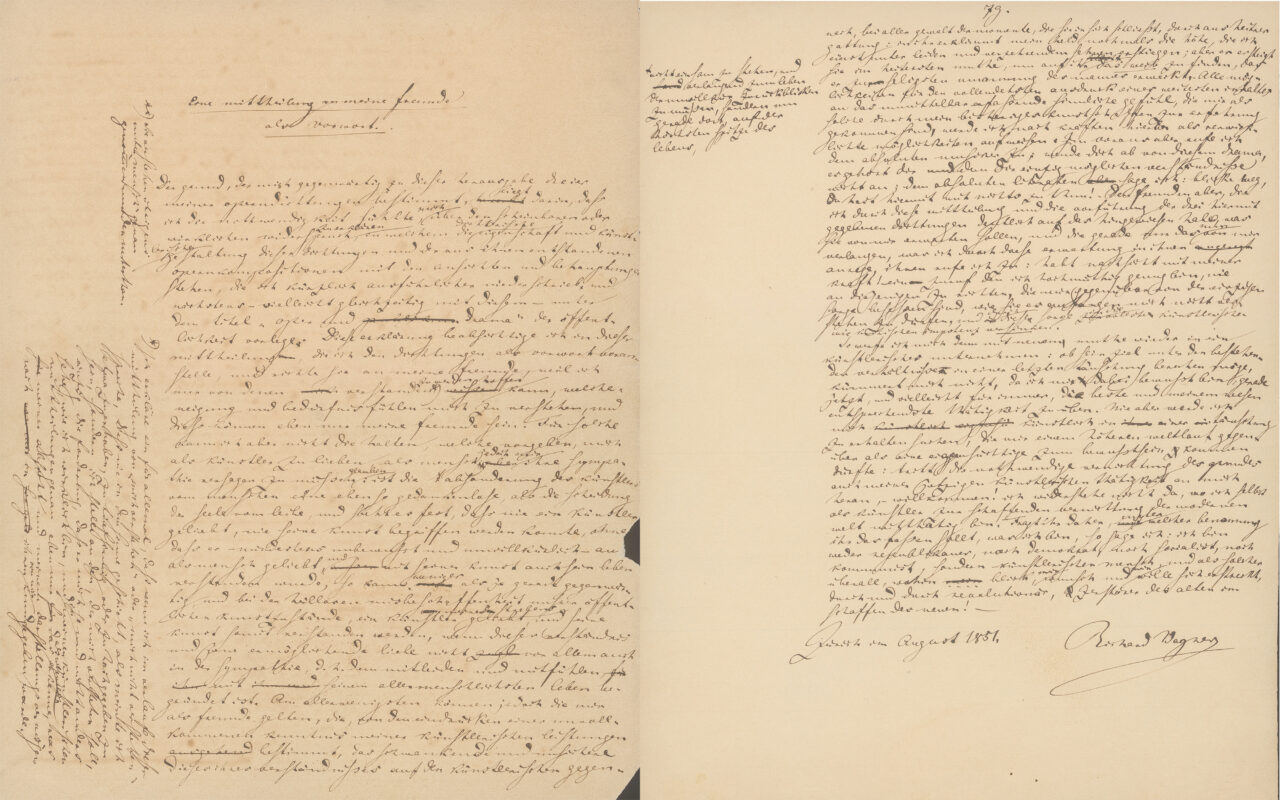Influence of music on the process of falling asleep
The specific influence of music on the brain's transition from wakefulness to sleep and whether music really helps us to sleep better has hardly been investigated to date. The MSCA Doctoral Network "Lullabyte", with the participation of the University of Fribourg, aims to close this gap.

Within the framework of Lullabyte, a total of ten doctoral students are being trained in this interdisciplinary field of research and are acquiring profound skills that are relevant to research, industry and the cultural sector. The doctoral students, who are based at the participating universities, are investigating the effects of music on sleep in very different settings and with different interests.
In addition to TU Dresden, the Radboud University Medical Center from the Netherlands, the University of Stuttgart, Aarhus University from Denmark, the FEMTO-ST Institute and the Paris Brain Institute from France, the Universitat Pompeu Fabra from Spain, the Royal Institute of Technology from Sweden, the Université de Fribourg from Switzerland and the Berlin start-up Endel are also involved.
The MSCA Doctoral Network is funded by Horizon Europe for four years. MSCA stands for Marie Skłodowska Curie Actions and includes the EU's career funding program for doctoral and postdoctoral researchers in the field of excellence of Horizon Europe. The ten doctoral positions will be advertised from November 1, 2022. Further information on the open positions is available directly from the partner institutions.
Link to the pictureunsplash.com/photos/MtBsjmC4RT0







